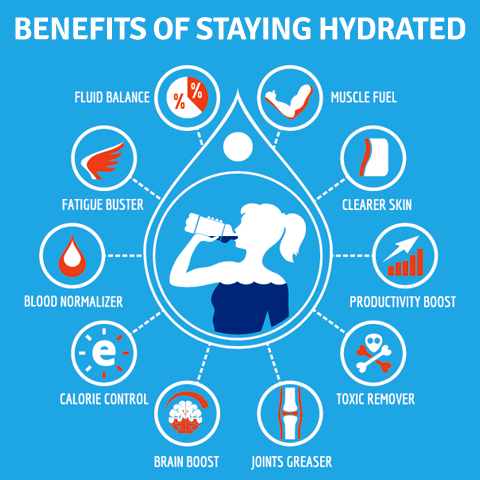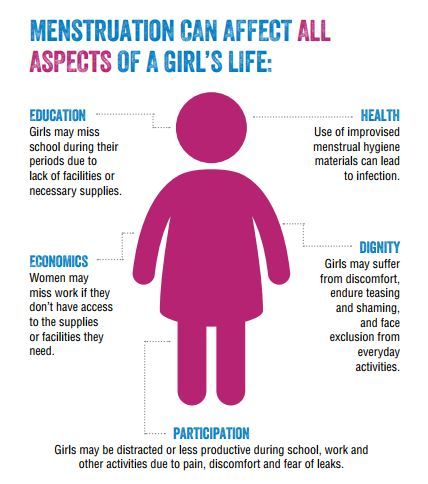The Importance of Hydration: Drinking Your Way to Health
Proper hydration is crucial for maintaining good health and well-being. Water makes up a significant part of our bodies and plays a vital role in various bodily functions. It is essential to consume an adequate amount of water daily to ensure optimal hydration levels. In this article, we will explore the importance of hydration and how it can positively impact your overall health.
The Role of Water in the Body
Water is the building block of life. Our bodies are made up of about 60% water, making it a fundamental component for the proper functioning of our organs, tissues, and cells. Water is involved in virtually every bodily function:
Transportation: Water acts as a transport medium, carrying nutrients, oxygen, and waste products throughout our bodies.
Temperature Regulation: Water helps regulate body temperature through perspiration and evaporation.
Joint Lubrication: Our joints require sufficient hydration to stay lubricated and cushioned.
Digestion: Water aids in the digestion and absorption of nutrients.
Cellular Function: Water maintains cell structure and facilitates biochemical reactions.
The Significance of Hydration
When our bodies lack proper hydration, it can lead to various negative effects on our health. Dehydration can occur when the body loses more fluids than it takes in. This can happen through sweating, urination, and even regular breathing. Some common symptoms of dehydration include:
Thirst
Dry mouth, lips, and eyes
Headache
Dizziness
Fatigue
Constipation
As dehydration progresses, the symptoms can worsen and lead to more severe complications such as kidney stones, urinary tract infections, and heatstroke. Additionally, chronic dehydration can have long-term effects on your overall health, impacting your cardiovascular system, cognitive function, and mood.
How Much Water Should You Drink?
The amount of water each individual needs can vary depending on factors such as age, sex, weight, activity level, and climate. However, a general guideline is to aim for at least 8 cups (64 ounces) of water per day. This estimation can be adjusted based on individual needs and circumstances.
It is important to note that water intake is not limited to just plain water. Other beverages, such as herbal teas, fruit-infused water, and milk, can contribute to your overall hydration. However, it is best to avoid sugary drinks and excessive caffeine intake as they can have dehydrating effects.
Tips to Stay Hydrated
Here are some helpful tips to incorporate in your daily routine to ensure proper hydration:
Drink water throughout the day: Carry a water bottle with you and sip on water regularly, even if you don’t feel thirsty.
Set reminders: Use phone alarms or apps to remind you to drink water at regular intervals.
Eat hydrating foods: Consume foods with high water content such as fruits (watermelon, grapes), vegetables (cucumber, lettuce), and soups.
Monitor urine color: Pay attention to the color of your urine. Clear or light yellow indicates proper hydration, while darker yellow indicates a need for more water.
Create a routine: Establish a hydration routine by drinking water at specific times, such as before meals or after physical activity.
The Bottom Line
Staying properly hydrated is essential for maintaining optimal health. Water plays a critical role in numerous bodily functions, including transportation, temperature regulation, and digestion. Dehydration can have negative consequences on your health, affecting your overall physical and mental well-being. By drinking an adequate amount of water and incorporating hydration-focused habits into your daily routine, you can ensure that your body is functioning at its best. So, remember to drink your way to health!


